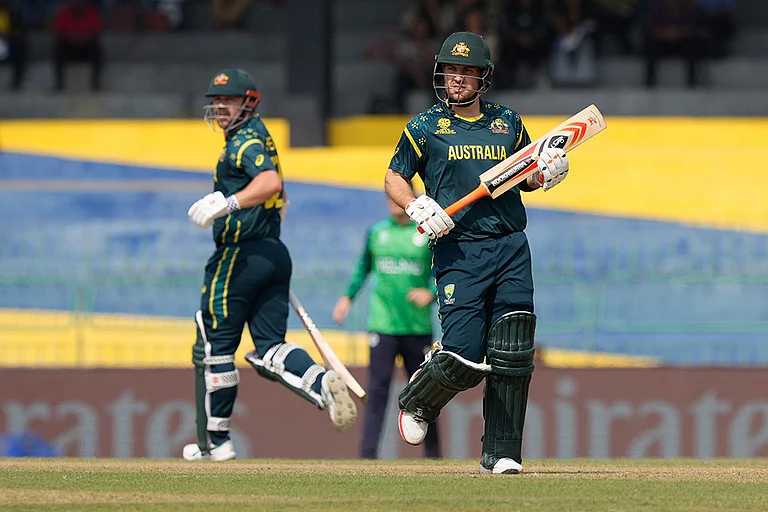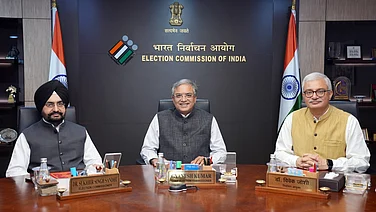External Affairs Minister S Jaishankar begins a two-day visit to Iran today, as part of the ongoing high-level exchanges between the two strategic partners.
The Ministry of External Affairs (MEA) confirmed the visit, stating, "External Affairs Minister S Jaishankar will visit Iran on January 14 to 15 as part of the ongoing high-level exchanges between the two sides".
The visit indicates continued engagement between New Delhi and Tehran even as the Iranian government faces verbal attacks from Israel, another regional partner of India.
Visit Amid Red Sea Attacks
Jaishankar's visit coincides with the aftermath of the US and the UK's military actions against Yemen's Houthi. This retaliation was prompted by attacks on commercial ships in the Red Sea, threatening international shipping routes.
The Houthi rebels, backed by Iran, have been actively involved in the Yemen conflict against Saudi Arabia and the Western-backed coalition.
The Red Sea attacks have led to the rerouting of many vessels, affecting the crucial shipping route through the Suez Canal. This waterway facilitates approximately 12 per cent of global trade. In solidarity with Palestinians in Gaza, the Houthi rebels have executed many drone and missile attacks.
India, responding to the increased maritime threats, has intensified its patrols in the Arabian Sea. The objective is to "maintain a deterrent presence" following a series of attacks on vessels.
Earlier this month, the Indian Navy successfully rescued 21 crew members from a hijacked vessel in the Arabian Sea.
What's on Agenda?
The external affairs ministry stated that Jaishankar's agenda includes a meeting with the Foreign Minister of Iran, Dr Hossein Amir-Abdollahian. Discussions will cover bilateral, regional, and global issues.
Jaishankar and Amir-Abdollahian are expected to address the enhancement of regional connectivity through the Chabahar Port.
Located in Sistan-Balochistan province on Iran's southern coast, the Chabahar port is a joint project of India and Iran aimed at fostering connectivity and trade ties. India has been pushing for the Chabahar port project to boost regional trade.
The Chabahar Port plays a crucial role in the International North-South Transport Corridor (INSTC) project, a 7,200-km-long multi-mode transport project for moving freight among India, Iran, Afghanistan, Armenia, Azerbaijan, Russia, Central Asia, and Europe.
In addition, senior officials told Bloomberg that Jaishankar is expected to address concerns surrounding the conflict in the Red Sea and the ongoing war in Gaza.
At least 23,843 people have been killed and more than 60,317 wounded in Israeli attacks on Gaza since October 7.
India-Iran relationship
India and Iran, beyond their geographical proximity, share a longstanding relationship. However, despite the historical ties, the desired depth in this relationship has not been achieved.
Various factors contribute to this shortfall, with the predominant factor being the ongoing hostility between the US and Iran. In the Cold War era, both Tehran and Washington were staunch allies. However, things changed after the Iranian revolution in 1979 and the hostage crisis. This shift affected Iran's relations with the rest of the world.
Therefore, New Delhi faces the delicate task of balancing its ties between energy-rich Iran and the dominant global power, the US.


























